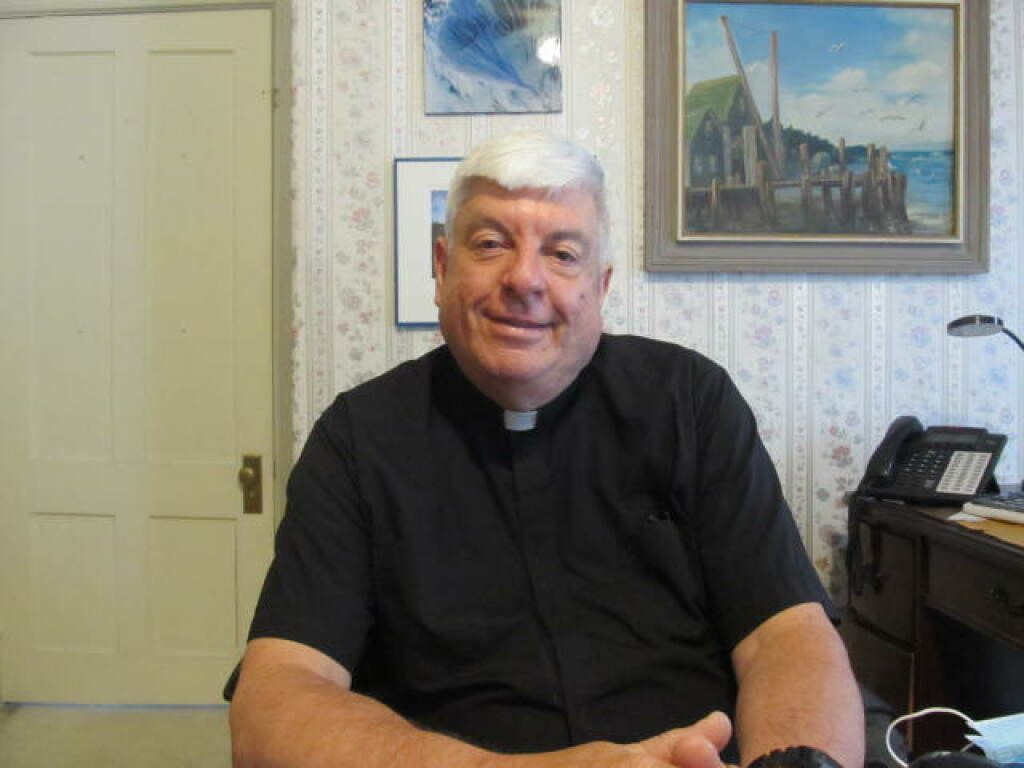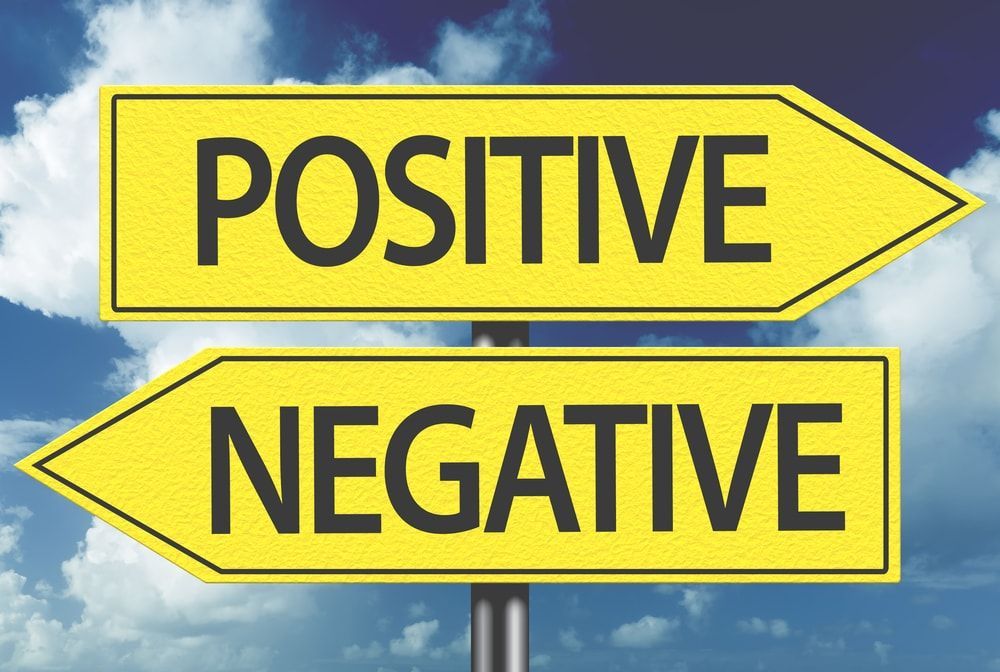 Wounded Healers: the Mystery of Suffering
Wounded Healers: the Mystery of Suffering
Homily for the Fifth Sunday in Ordinary Time
February 7, 2021
Today I want to focus on a very difficult subject, introduced by our first reading from the Book of Job, namely, why do innocent people have to suffer? Job started out doing quite well, having a wonderful family, a nice home, plenty of land, flocks and herds, lots of friends. Then, in a moment everything changed: people started to die, robbers came and stole things, Job develops a repulsive skin disease—it’s a giant soap opera in biblical story form. But the question is quite serious: why do innocent people, like Job, have to suffer.
- To begin, three friends visit Job, and they have these long monologues in which they try to convince Job that he must have sinned, even in some small way that he may have forgotten, and that God was punishing him as a result. I want to make clear right at the start that this argument is rejected by the author. Jesus himself would similarly reject this kind of thinking. In John’s gospel story of the healing of the man born blind, the disciples ask whose sin caused the blindness, the man’s or his parents, and Jesus completely rejects that (John 9:3-5).
- For some people, unjust suffering is what makes them reject the faith and to question the goodness, or even the existence, of God. All of us probably have experienced something similar. When I think of beautiful, innocent children having to deal with cancer, or abuse; when I think of innocent people wiped out by a typhoon; when I think of people who are killed by an act of violence, often because they happened to be in the wrong place at the wrong time: I have to admit, that shakes me and makes me angry.
- Some people, however, go in a different direction. My grandfather, for example, worked, I believe it was in the cotton mill here in town. A beam or something hit him on the head and he developed epilepsy. The company’s insurance company would no longer allow him to work. As an immigrant, what could he do? In addition, he developed many other health issues. I remember an elderly friend of his visiting one day and asking him, “How can you deal with all this suffering?” You know what my grandfather answered? He said, “Compared to Jesus, this is nothing.” Now, he was eighty at the time, and it might have taken him a while to sort things out, but his suffering actually made his faith stronger.
- Did you ever feel uncomfortable going to a wake and not knowing what to say? Several years ago, we had a murder of a teenager by a teenager, and many of the town’s young people showed up for the wake. I decided to go and just stand by the door. I asked those coming in, “Do you know what to do?” Most said they had no idea. I told them, just tell his mother you’re sorry this happened, and if you feel you can help the family out in some way, let them know.
- By the way, we know that Jesus took suffering and death very seriously. For example, when his good friend Lazarus died, we are told that Jesus was very moved by it (the Greek is something like kicked in the gut). And, as he stood outside the tomb, St. John’s gospel gives us the shortest sentence in the Bible: He wept (John 11:35). Jesus wept! Later on, the night before Jesus died, he prayed in the Garden of Gethsemane. It says he was so disturbed by what was coming that he sweat blood. And he prayed, “Father, let this cup (of suffering) pass me by (Luke 22:42).” But in the end Jesus went to his death, much like the person described in the book of Job: an innocent man, unjustly condemned, tortured, and put to death.
- One of my favorite spiritual writers, Henri Nouwen, wrote that we who are in ministry, and really all of us, are wounded healers. Suffering can be a terrible, horrific experience; yet suffering can make us more compassionate, more humble, more gentle with others. Often, those who have never suffered can be arrogant, dispassionate, quoting the rules, pointing out the sin, and laying on a lot of guilt. I don’t believe that is what Jesus called us to be.
- Most of you know that I’ve had some pretty serious bouts of illness myself—first a stroke, and then a life-threatening infection. Let me tell you, if I wasn’t a wounded healer before, I am now! I learned a lot about being helpless, needing the compassionate help of others, relying on their strength when I had little of my own. Those experiences taught me a lot—lessons I probably would not have asked for if I had a choice, but lessons that have been a gift. We’re all in this together: the nurses were like angels; cards and messages and prayers made all the difference. Underneath it all, I felt a strange calm and discovered that I was not afraid to die. I also felt a solidarity with people all around the world who suffer, often without the hospitals and other resources we have. And I guess I inherited my grandfather’s faith. He was my pal, my hero, my wounded healer.
- The Book of Job, by the way, doesn’t really give a theoretical answer about suffering and death—other than to suggest that there is a Mystery about it that we will not understand. Jesus doesn’t give us a theoretical answer either. Instead, he became part of the whole thing. Here’s what I mean. Let’s go back to that wake for a minute. Those kids standing in line at the funeral home didn’t know what to say. I believe that, in the presence of a mystery it’s probably best not to say anything, much less something lame. Rather, showing up is what it’s all about. By being there, we are saying: I don’t know what to say or what to do to take away your pain, but I want you to know that you don’t have to go through it alone. I am here for you.
- And that answer, lived rather than theoretical, is what Jesus did. He showed up. He became part of it, part of the Mystery, right along with us. He wanted us to know that we do not have to go through it alone, because our God is with us—our God, the wounded healer, our God, the unjustly suffering innocent one. Our God is saying: Take my hand, walk with me, I’ve been down this road before. And in the end, you will find that suffering and death no longer have the final say. You are not alone. I am with you, and the community is with you. When you are weak, let us be your strength. And when you are strong, be there for those who need you, just as they were there for you.
- Finally, I don’t know if you’ve noticed the new sign in front of our church. It’s a quote from Pope Paul VI. Very simple, but very profound: “If you want peace, work for justice.” It’s a reminder that there is some suffering we can do something about; we can’t just let people wait for heaven in their misery. There is a lot of injustice, hatred, anger and sinfulness in our world. It robs us of peace at every level. Jesus has given us the teaching and the tools to stand up for what is right, to defend those who are weak, and to work for a more just society. In our own small way, we can make life more just, more livable, and more in keeping with God’s will. We are called to be wounded healers.
You might also like
Father's Homilies




